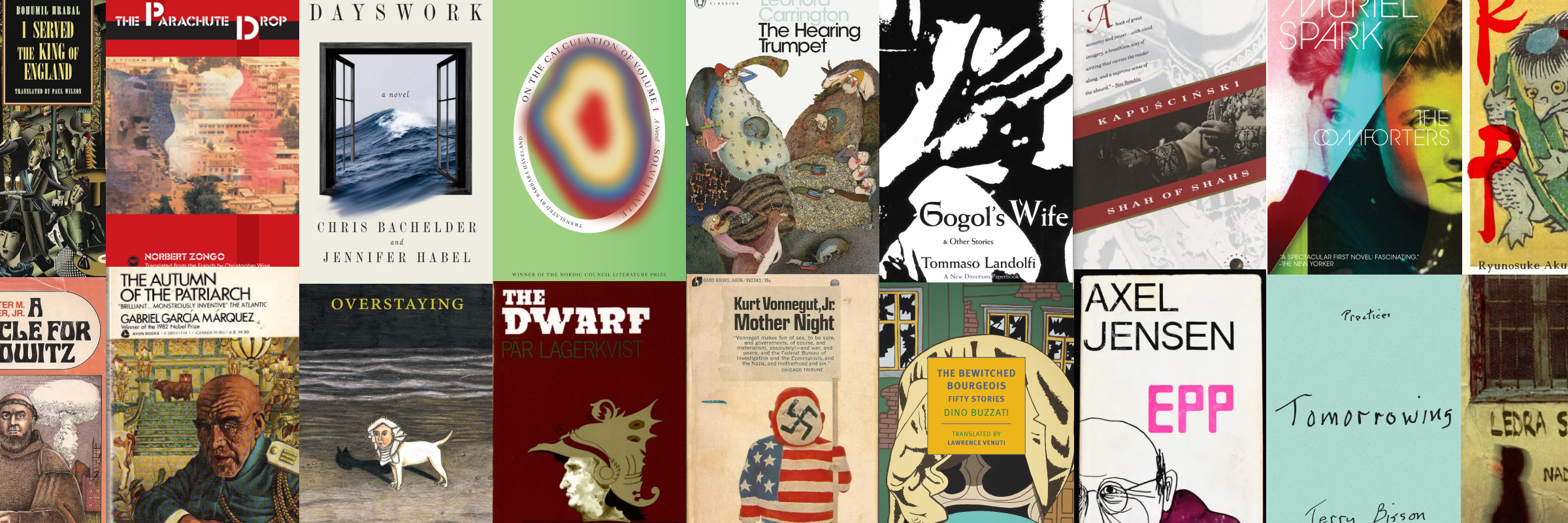
Top 10 Books of 2025
Seventy-three books. Thirty-two countries. These are the ten that refused to fade—dark, absurd, hilarious, devastating, and gloriously uninterested in being “relatable.”

Reading Around the World
One rule: no tourists. A five-year journey through six continents, nearly two hundred books, and the unexpected voices that reshaped my reading life.